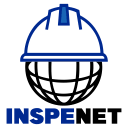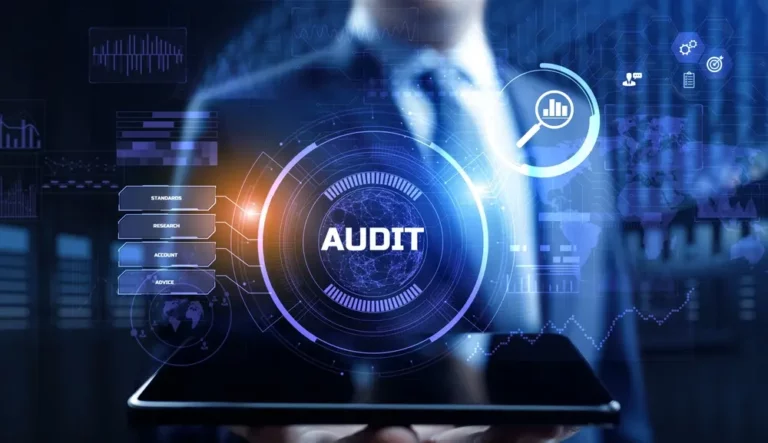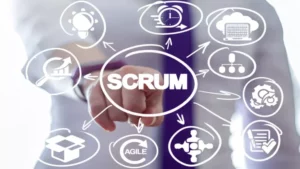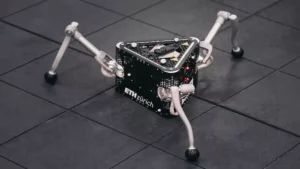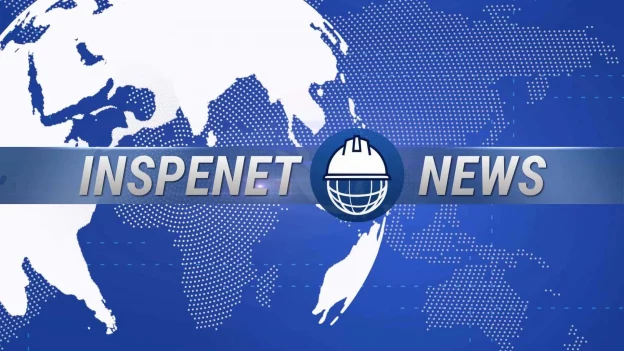Author: Dr. Juan Lugo Marín, December 15, 2023.
Introduction
Remote audits, in the recent past considered a convenient option, have undergone a remarkable transformation, becoming an essential necessity today, thus marking a new era in business management. In an increasingly interconnected global context, organizations are immersed in the constant search for innovative approaches to improve their management systems.
This dynamism is primarily driven by the relentless evolution of emerging technologies, which play a vital role in the paradigm shift we are witnessing. This article aims to explore in detail how remote audits are undergoing a revolution thanks to the intelligent adoption and application of cutting-edge technologies.
The virtualization of audits: Beyond geographic borders
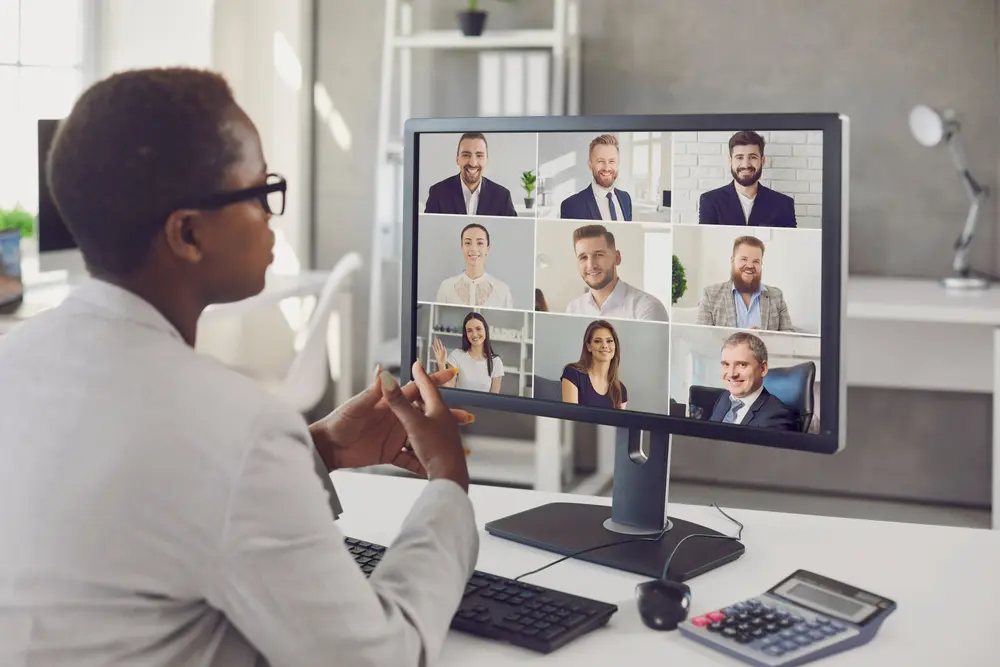
In the past, audits were restricted by the limitations imposed by distance and the costs inherent in physical travel. However, today, the virtualization of audits has broken down these seemingly insurmountable barriers.
The proliferation of video conferencing platforms, real-time collaboration tools, and augmented reality technologies has sparked a revolution in the way assessments are conducted, regardless of geographic location.
This transformation not only brings significant financial savings, but also introduces an unprecedented level of flexibility for all parties involved in the audit process. This paradigm shift not only redefines the way audits are conceived, but also marks the emergence of a more efficient, agile and adaptive approach to managing quality and control systems.
Artificial Intelligence (AI): The brain behind remote audits
Artificial intelligence (AI) is revolutionizing remote auditing by introducing the powerful capabilities of predictive analytics. Using advanced algorithms, it is possible to examine extensive historical data sets and anticipate potential areas of risk with astonishing accuracy.
This advancement not only significantly speeds up the audit process, but also boosts organizations’ ability to make informed decisions based on accurate, real-time data. This predictive approach not only improves audit efficiency, but also offers companies an invaluable strategic tool to proactively mitigate risks and strengthen their decision-making processes.
The integration of AI into audits not only represents a technical evolution, but also ushers in a new era of precision and anticipation in quality management and business control.
Blockchain: Ensuring the integrity and transparency of remote audits
Blockchain technology has emerged as a fundamental tool in the context of remote audits, unfolding its potential by creating an immutable blockchain that records each transaction transparently. This advancement translates into a solid guarantee of data integrity throughout the entire audit process.
Blockchain’s unique ability to provide an unalterable record accessible to all parties involved adds an additional layer of security, considerably strengthening management systems and making them more resistant to possible fraud or manipulation attempts. In an increasingly digital business world, the incorporation of blockchain technology not only improves the reliability of audits, but also contributes to raising general confidence in control and management processes.
Internet of Things (IoT): Real-time data for continuous evaluations in audits
The convergence of devices through the Internet of Things (IoT) has enabled dynamic, real-time data collection during audit processes. The incorporation of sensors and smart devices provides a continuous source of immediate information on process performance, operational efficiency and adherence to established standards.
This approach enables ongoing audits and proactive assessments, allowing any issues to be addressed early, before they escalate and evolve into a potential crisis. The ability to obtain data in real time offers a more complete and up-to-date perspective, allowing organizations to make precise and effective adjustments to their management and control practices.
Cybersecurity: Protecting the integrity of remote audits
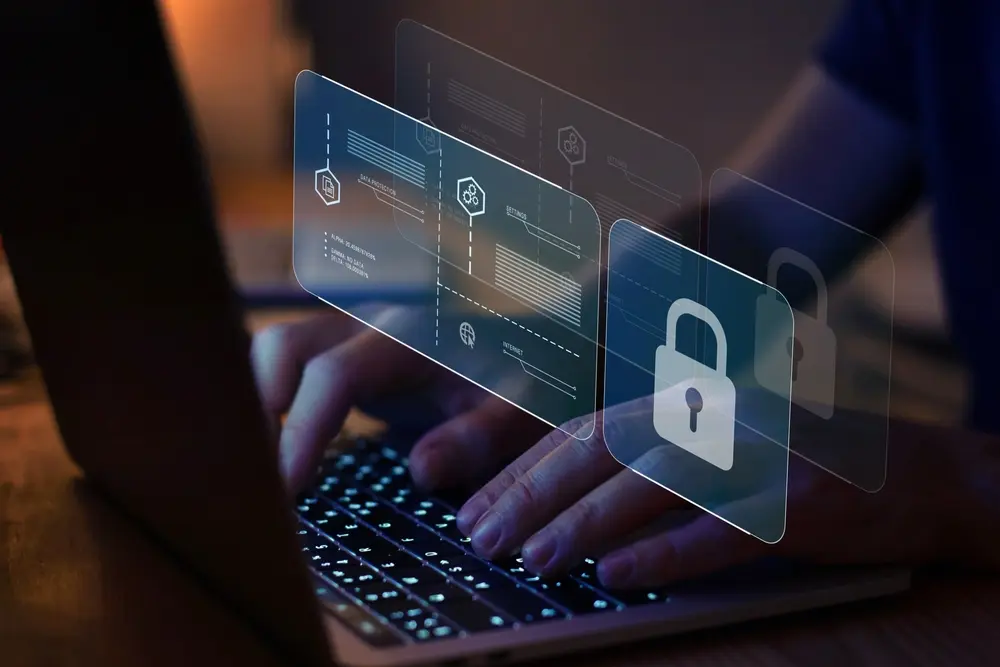
In the increasingly digital age of audits, cybersecurity emerges as an undisputed priority. Adopting robust cybersecurity measures becomes the cornerstone to ensure the protection of data used during audits against growing cyber threats.
Strategies such as advanced encryption, multi-factor authentication and periodic security audits are essential components to safeguard the integrity and confidentiality of remote audits. These practices not only shield against possible vulnerabilities, but also generate an environment of trust that is essential for the effective development of audits in today’s digital environment.
Conclusions
Remote audits are undergoing a significant transformation as they actively embrace emerging technologies. This shift not only drives audit efficiency and effectiveness, but also lays the foundation for a more proactive and ongoing approach to management. The constant evolution of technology promises greater integration of remote audits into the very fabric of business operations.
This process not only optimizes audit processes, but also translates into sustainable benefits, improving the quality of management systems in various sectors. As these trends evolve, remote audits are positioned as an essential and dynamic component for the continuous improvement of business practices in the modern landscape.
References
Own source


